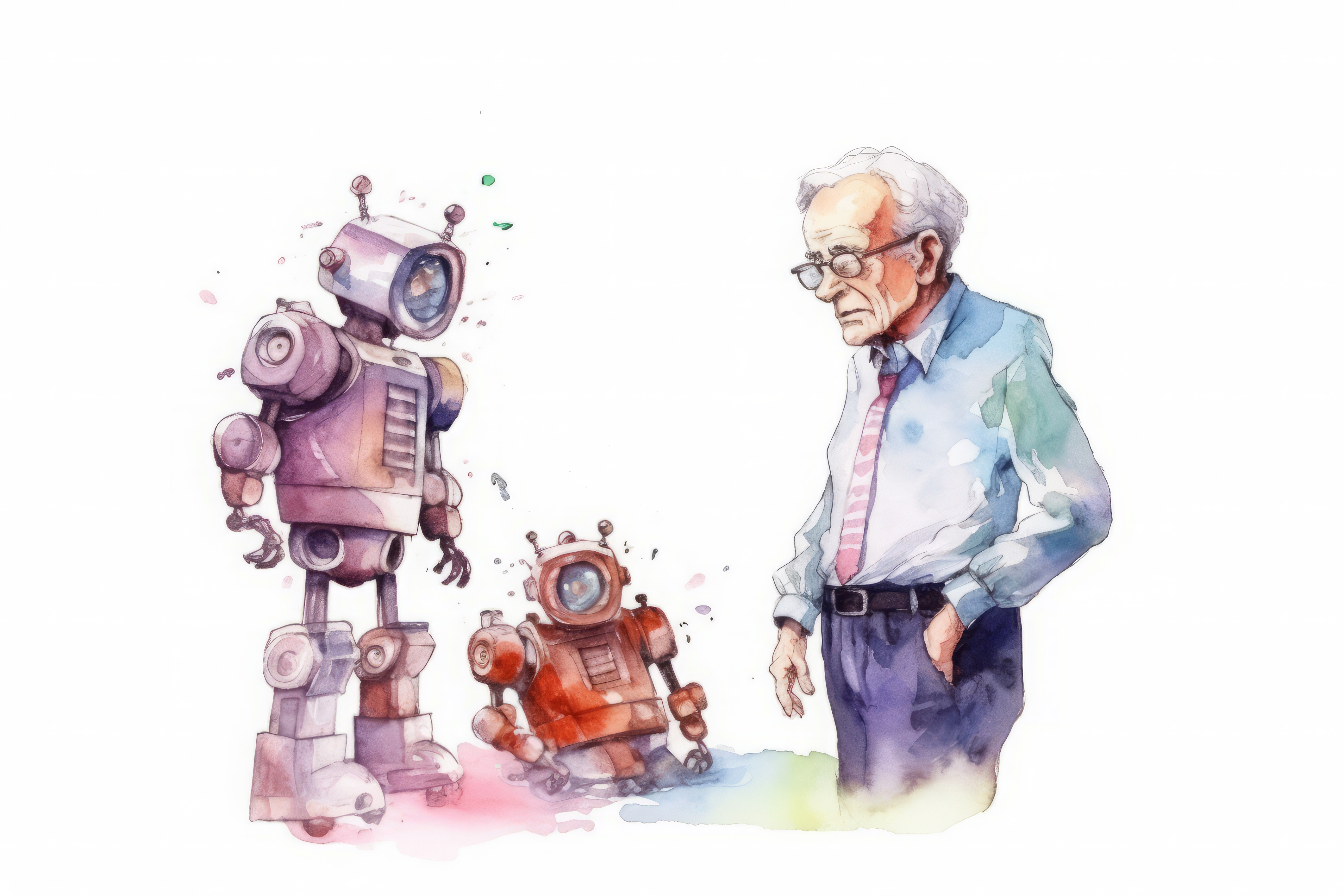英語の語源「-gen」は「種、起源」を表す

- 「-gen」はギリシア語で「種、生まれる」
- 語源「-gen」が入った英単語
- genetics【dʒəˈnetɪks】
- generate【ˈdʒenəreɪt】
- generator【ˈdʒenəreɪtər】
- general【ˈdʒenrəl】
- generous【ˈdʒenərəs】
- regenerate【rɪˈdʒenəreɪt】
- degenerate【dɪˈdʒenəreɪt】
- indigenous【ɪnˈdɪdʒənəs】
- genius【ˈdʒiːniəs】
- gender【ˈdʒendər】
- genre【ˈʒɑːnrə】
- genesis【ˈdʒenəsɪs】
- genus【ˈdʒiːnəs】
- genuine【ˈdʒenjuɪn】
- congenital【kənˈdʒenɪtl】
- genial【ˈdʒiːniəl】
- ingenious【ɪnˈdʒiːniəs】
- congenial【kənˈdʒiːniəl】
- homogeneous【ˌhəʊməˈdʒiːniəs】
- engine【ˈendʒɪn】
- gentleman【ˈdʒentlmən】
- hydrogen【ˈhaɪdrədʒən】
- oxygen【ˈɑːksɪdʒən】
- nitrogen【ˈnaɪtrədʒən】
- genetics【dʒəˈnetɪks】
「-gen」はギリシア語で「種、生まれる」
「-gen」が付いている英語単語は沢山あります。
まず、誰もが聞いたことがある言葉の「ジェネレーション(generation)」もその一つです。
generation【ˌdʒenəˈreɪʃn】
:世代

Ex) That family has lived in the same house for three generations.
(その家族は同じ家に、三世代で暮らしている)
この「-gen」はギリシア語起源で、「種、生まれる」の意味を持ち、「generation」は【gen(種、生まれる)】+【ate(動詞)】+【ion(名詞)】で成り立っています。
そして「遺伝子」を表す「gene」にも、「-gen」が入っています。これも「種、生まれる」意味から来ています。
その他にも、この「-gen」の入った単語が沢山あるので、紹介します。全てにおいて、「種、生まれる」のニュアンスが混じっています。
語源「-gen」が入った英単語
genetics【dʒəˈnetɪks】
:遺伝子学

Ex) I study genetics in the laboratory.
(私は研究室で遺伝子学を学んでいる)
generate【ˈdʒenəreɪt】
:発生させる、生み出す
=【gen(種、生まれる)】+【ate(動詞)】

Ex) Windmills used to generate electricity.
(風車はかつて発電を行っていた)
generator【ˈdʒenəreɪtər】
:発電機
=【gen(種、生まれる)】+【ate(動詞)】+【or(するもの)】
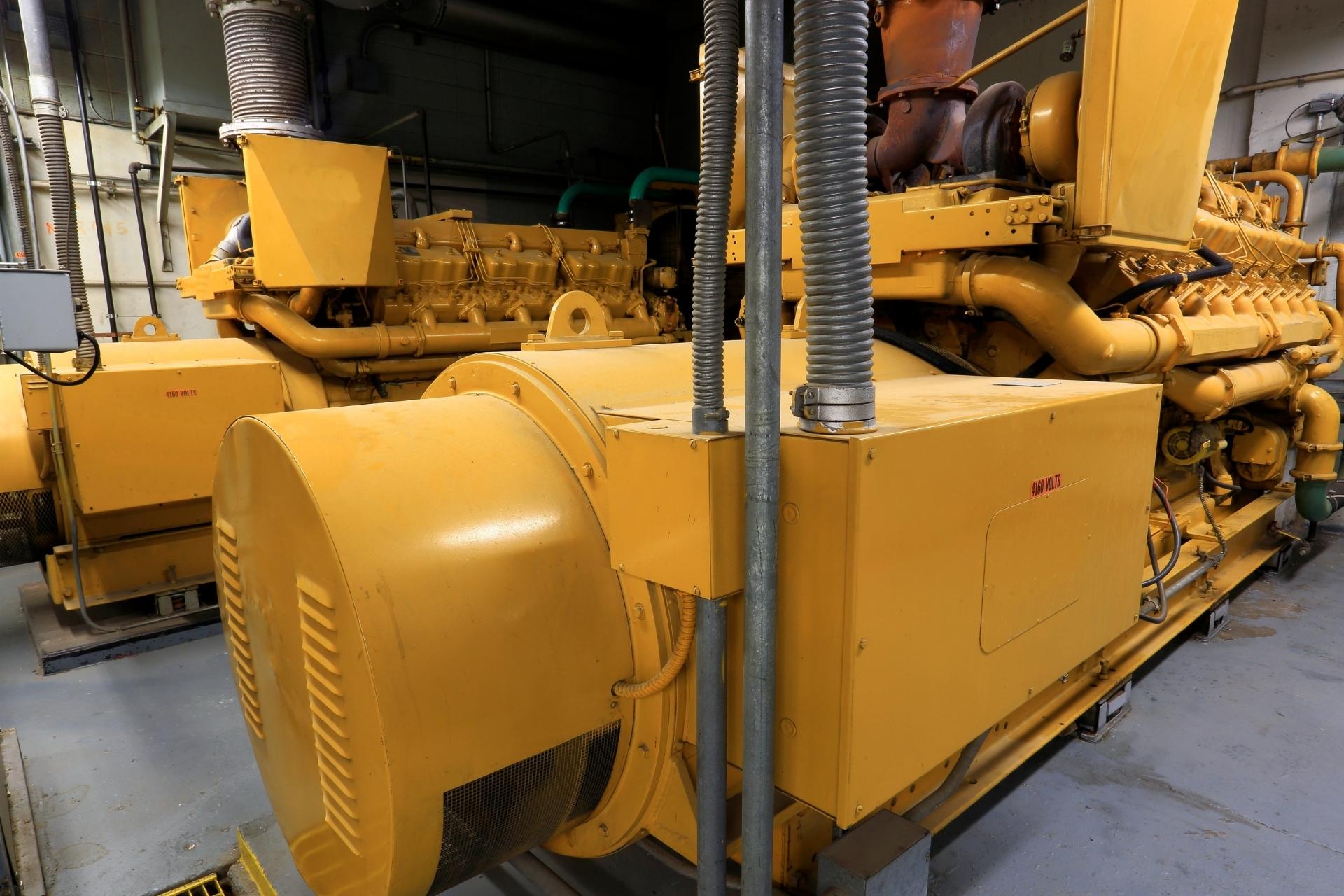
Ex) The factory’s emergency generators were used during the power cut.
(その工場の緊急発電機は、電力が止まった時に稼働していた)
general【ˈdʒenrəl】
:一般的な、全般的な
=【gen(種、生まれる)】+【al(形容詞)】
(同じ遺伝子を持った、のニュアンス)

Ex) The general opinion is that the conference was a success.
(その会議が成功に終わったと、一般的に受け止められている)
generous【ˈdʒenərəs】
:気前の良い、優しい
=【gen(種、生まれる)】+【ous(形容詞)】
(生まれ持った優しい気持ち、の意味)

Ex) My grandmother is very generous.
(私の祖母はとても優しい)
regenerate【rɪˈdʒenəreɪt】
:再生する
=【re(再び)】+【gen(種、生まれる)】+【ate(動詞)】
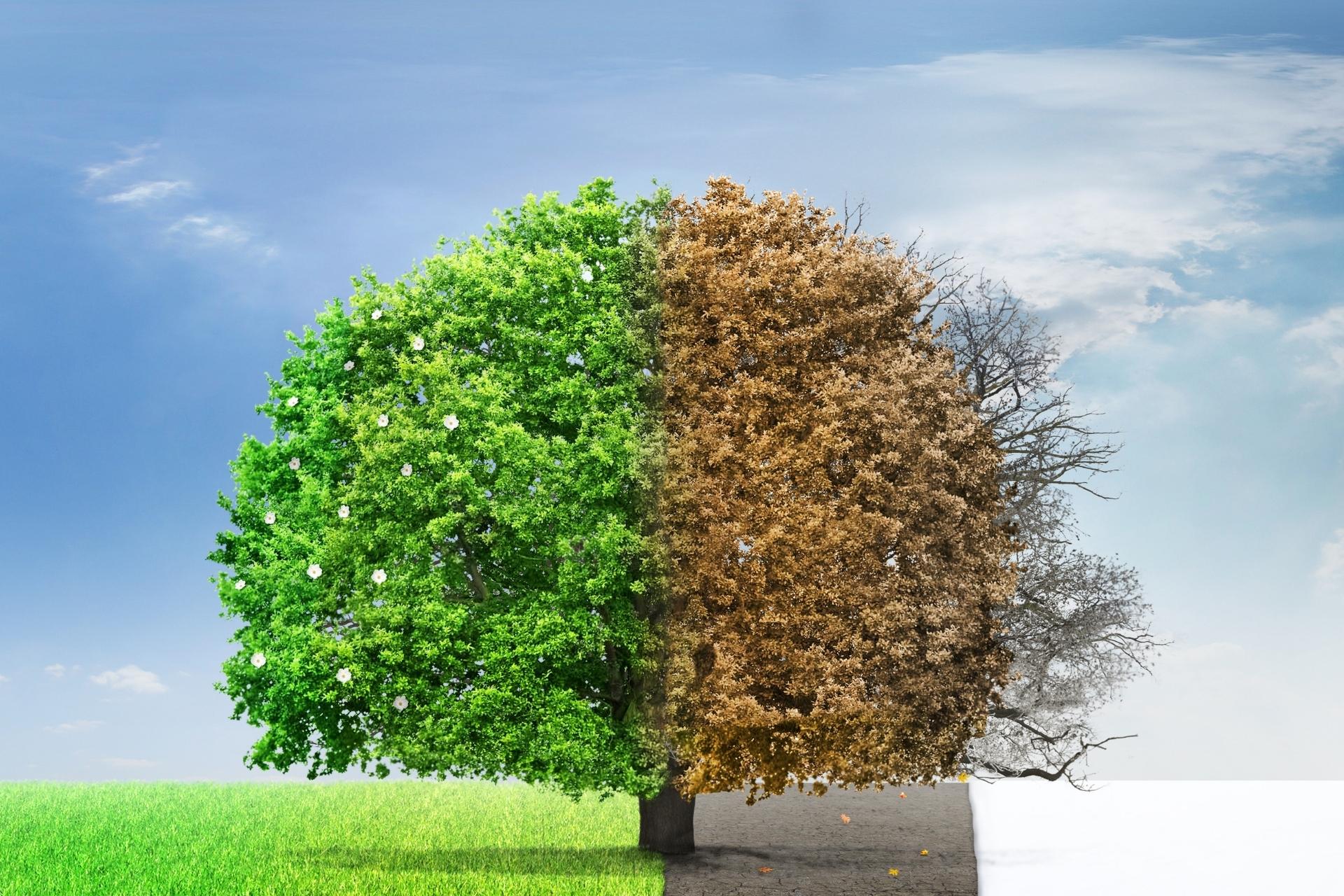
Ex) The leaves regenerate every spring.
(葉は毎春、生まれ変わる)
degenerate【dɪˈdʒenəreɪt】
:退化する、悪化する
=【de(否定)】+【gen(種、生まれる)】+【ate(動詞)】
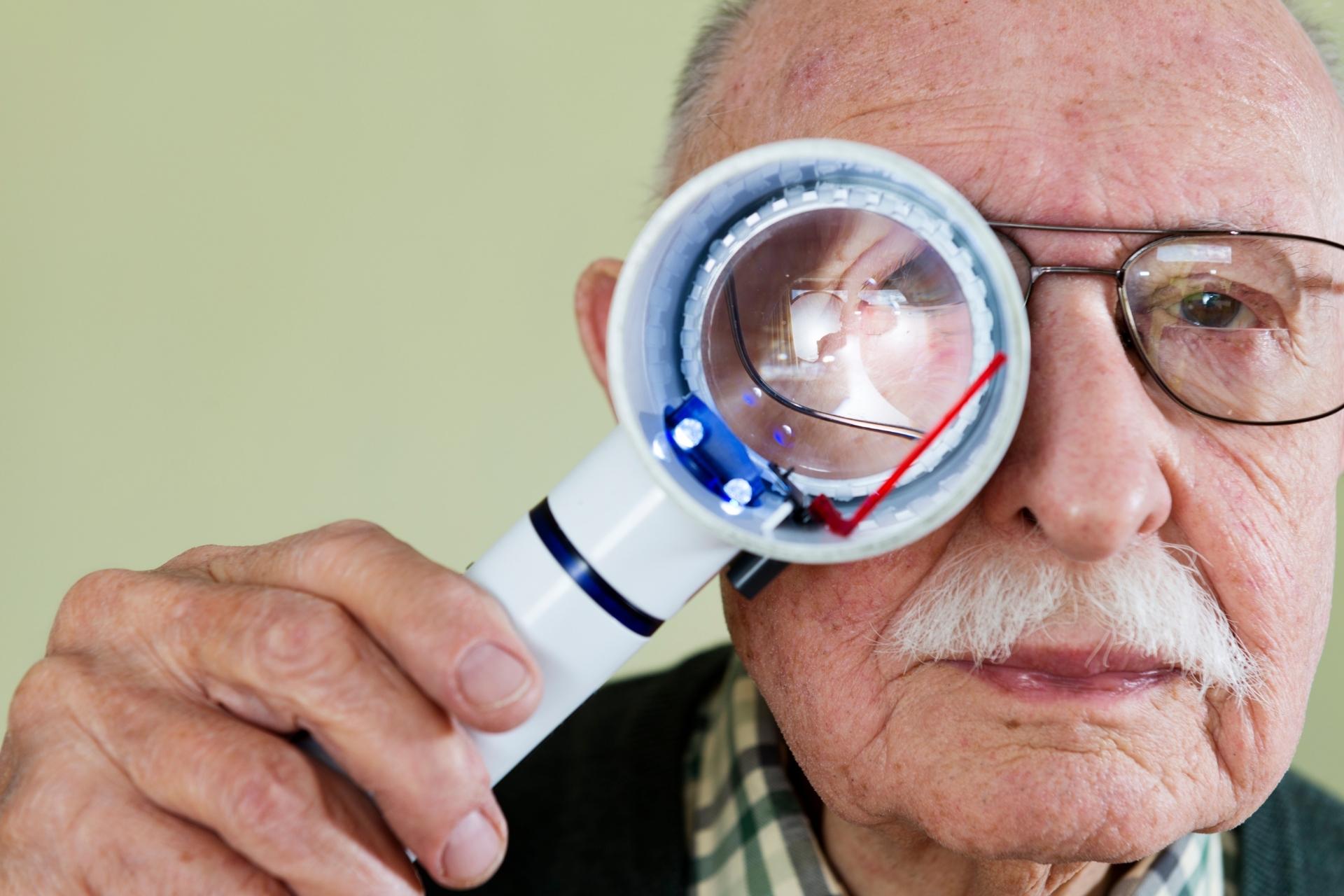
Ex) My eyesight has degenerated.
(私の視力は悪化している)
indigenous【ɪnˈdɪdʒənəs】
:固有の、原産の、生まれつきの
=【indi(中に)】+【gen(種、生まれる)】+【ous(形容詞)】

Ex) an indigenous culture
(その地域固有の文化)
genius【ˈdʒiːniəs】
:天才
(生まれついて持っているもの)

Ex) Albert Einstein was a great scientific genius.
(アルベルト・アインシュタインは科学の天才だった)
gender【ˈdʒendər】
:性別
(生まれついた時から決まっているもの)

Ex) Discrimination on grounds of race or gender is forbidden.
(人種や性別を根拠とした差別は禁止されている)
genre【ˈʒɑːnrə】
:ジャンル

Ex) Science fiction as a genre is relatively new.
(SFは比較的に新しいジャンルだ)
genesis【ˈdʒenəsɪs】
:発生、始まり

Ex) The genesis of the universe was the big bang.
(宇宙の始まりはビッグバンだった)
genus【ˈdʒiːnəs】
:種族

Ex) Dogs and wolves are in the same genus.
(犬と狼は同じ種族だ)
genuine【ˈdʒenjuɪn】
:本物の
=【gen(種、生まれる)】+【ine(形容詞)】
(生まれたままの)
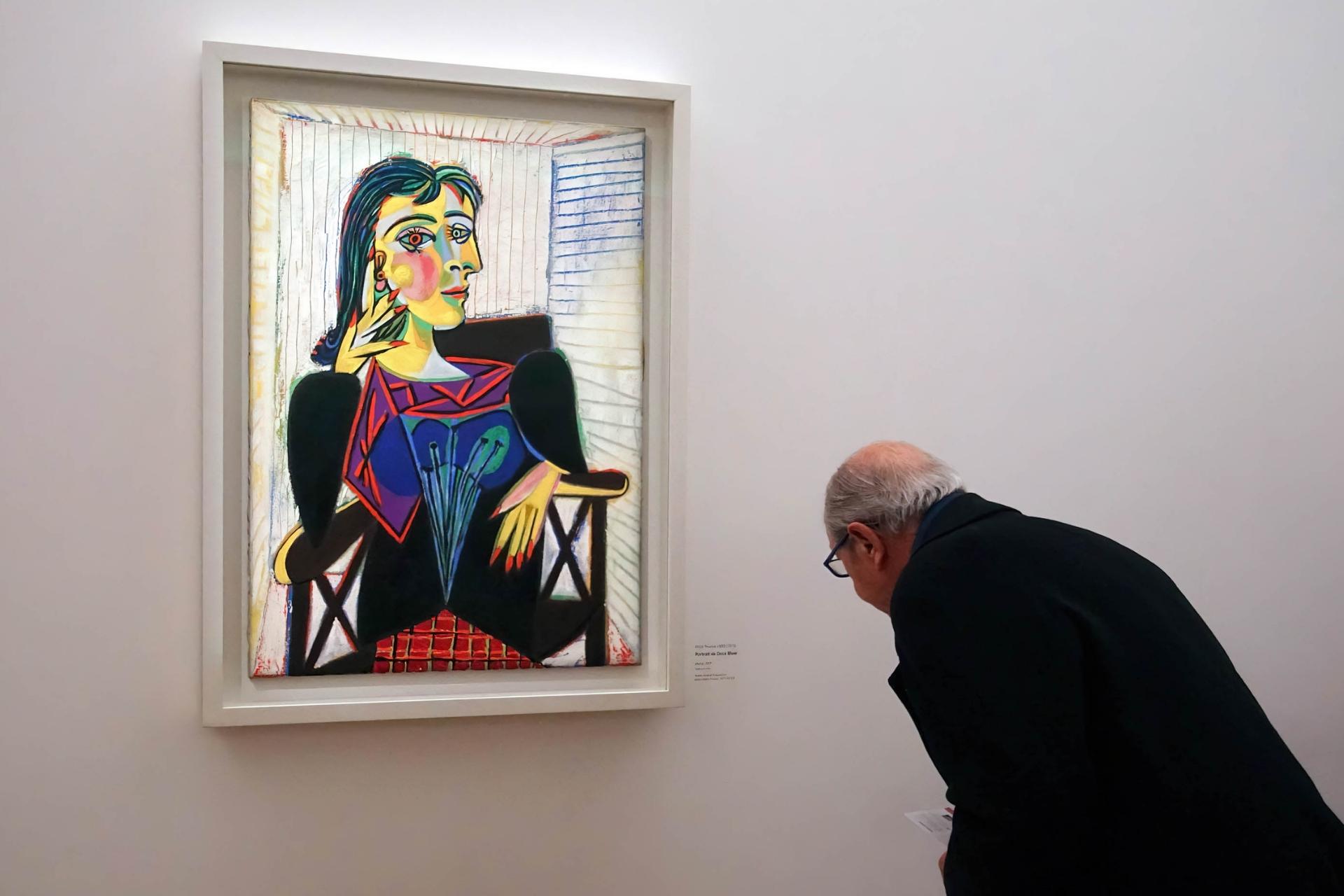
Ex) Is the painting a genuine Picasso?
(その絵は本物のピカソの作品?)
congenital【kənˈdʒenɪtl】
:先天的な
=【con(共に)】+【gen(種、生まれる)】+【tal(形容詞)】
(生まれた時から持っている)

Ex) Children born from mothers who smoked are at risk of congenital heart disease.
(喫煙している母親から生まれた子供は、先天的に心臓病のリスクを背負っている)
genial【ˈdʒiːniəl】
:温和な、にこやかな
=【gen(種、生まれる)】+【ial(形容詞)】
(生まれた時のような)

Ex) He was a kindly gentleman with white hair and a genial smile.
(彼はにこやかな笑顔と白髪を取りそろえた、温和な紳士だ)
ingenious【ɪnˈdʒiːniəs】
:独創的な、天才的な
=【in(中に)】+【gen(種、生まれる)】+【ious(形容詞)】
(生まれた時に中に持っている→生まれつきの才能がある)

Ex) He is ingenious when it comes to technology.
(彼は科学技術の分野でとても天才的だ)
congenial【kənˈdʒiːniəl】
:最適な、気の合った
=【con(共に)】+【genial(にこやかな)】
(にこやかな性格を共に持った)

Ex) The town is a congenial place for raising.
(その町は子育てには最適である)
homogeneous【ˌhəʊməˈdʒiːniəs】
:同一種の
=【homo(同一の)】+【gen(種、生まれる)】+【ious(形容詞)】

Ex) She’s holding a basket of homogeneous eggs.
(彼女は同一種の卵のカゴを手に持っている)
engine【ˈendʒɪn】
:エンジン
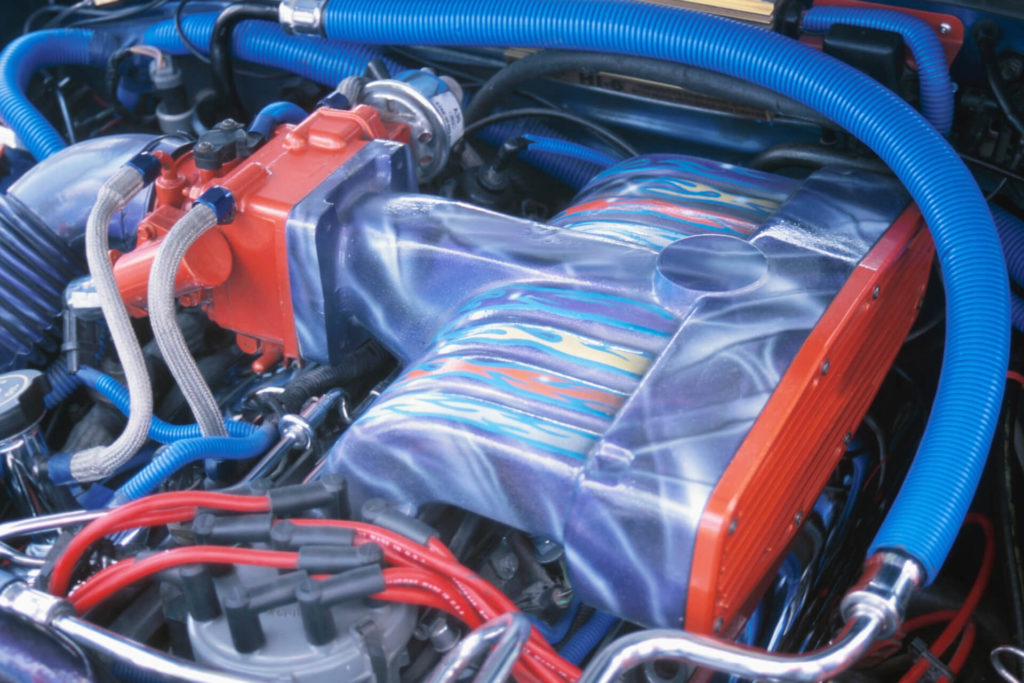
gentleman【ˈdʒentlmən】
:紳士
=【gen(種、生まれる)】+【man(人)】
(天性の良い人)

hydrogen【ˈhaɪdrədʒən】
:水素
=【hydro(水)】+【gen(種、生まれる)】


oxygen【ˈɑːksɪdʒən】
:酸素
=【oxt(酸)】+【gen(種、生まれる)】

nitrogen【ˈnaɪtrədʒən】
:窒素
=【nitron (硝石)】+【gen(種、生まれる)】
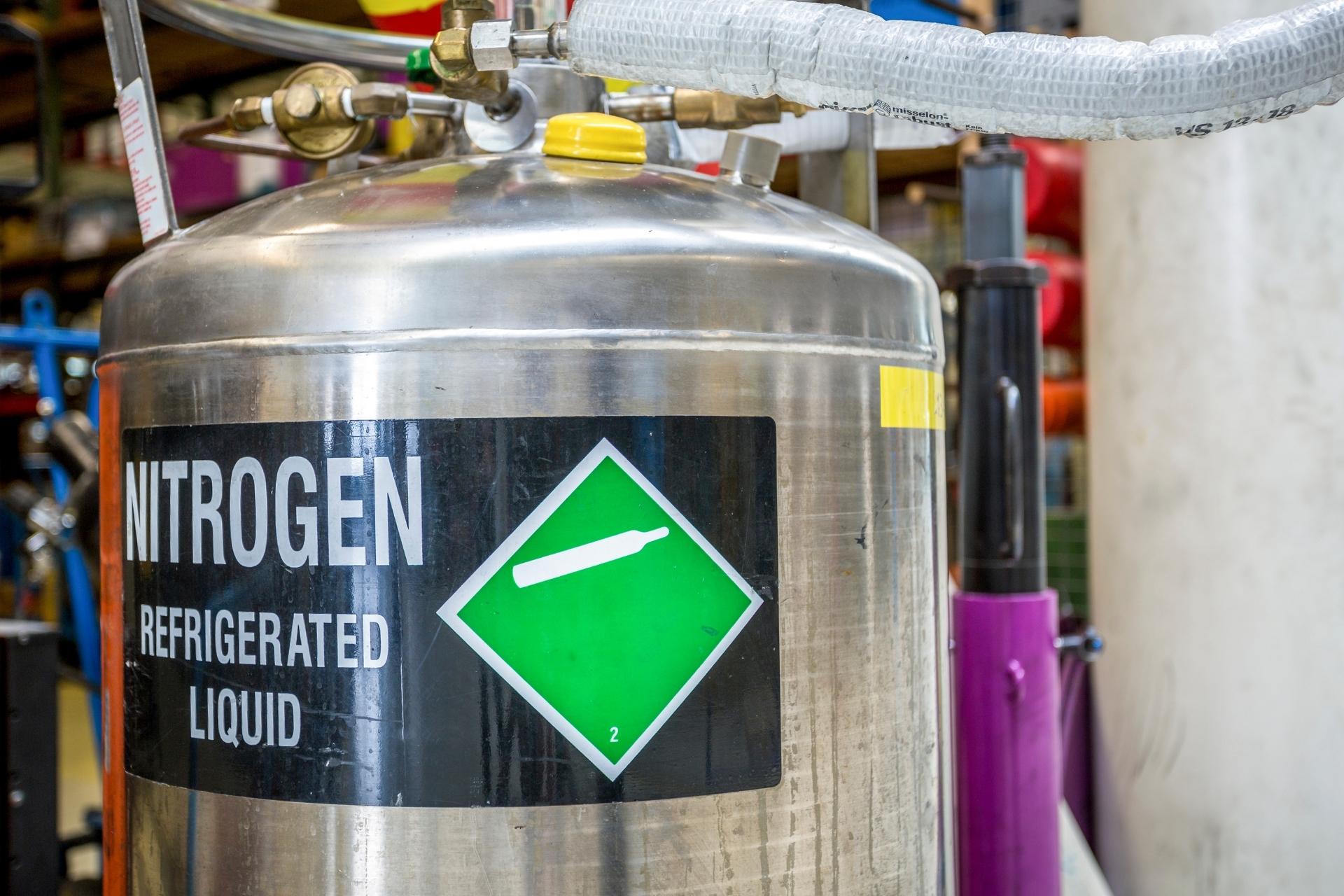
以上、語源「-gen」の入った英単語でした。








